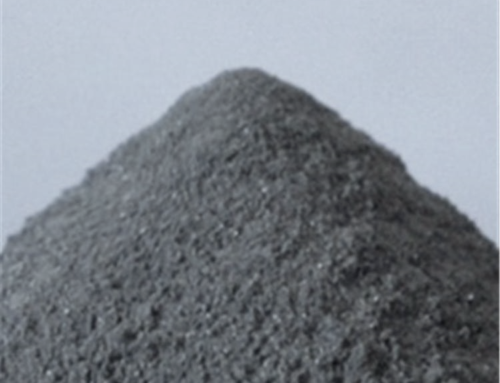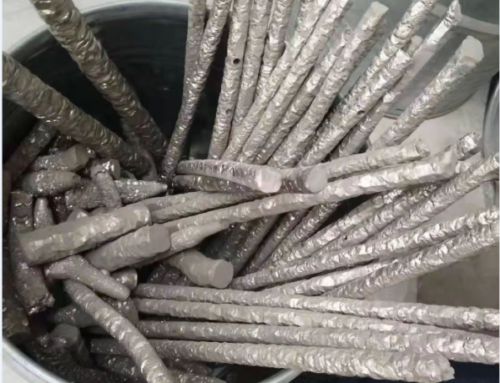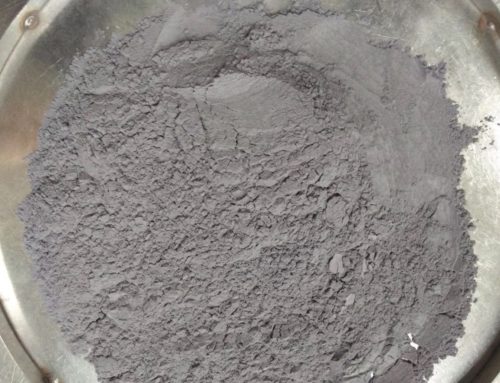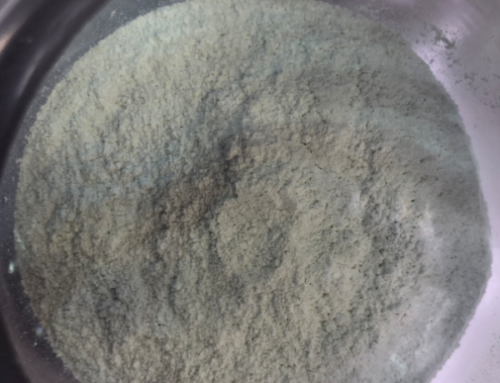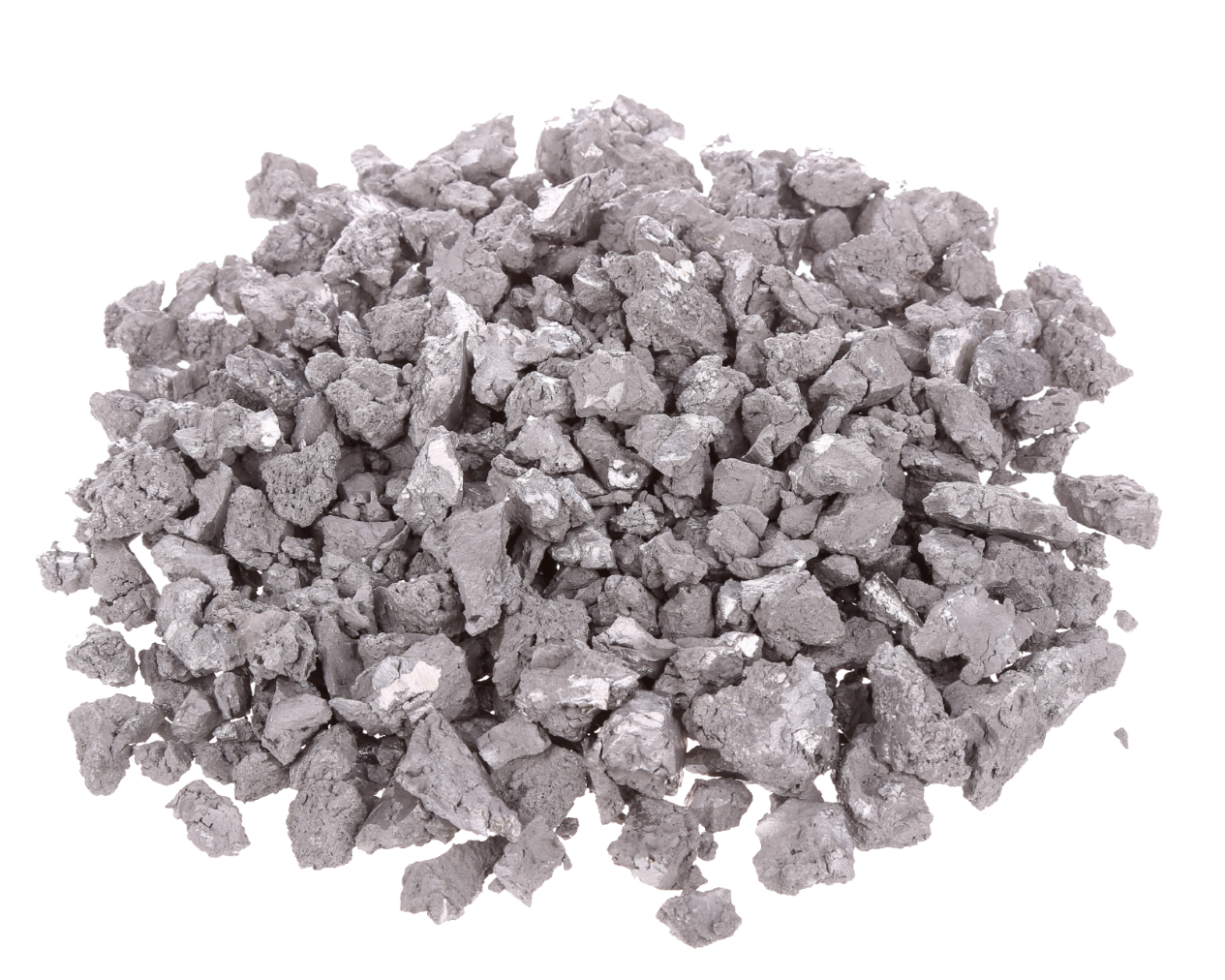
| Products | Sponge Zirconium |
|---|---|
| Part Number | Zr003 |
| Purity | 99.2% min. |
| Density | 6.49 g/cm3 |
| CAS# | 7440-67-7 |
The sponge zirconium is a silver gray metal, and it’s also known as the zirconium metal. Zirconium is easy to absorb hydrogen, nitrogen and oxygen, but it is relatively stable in the air. Powdery zirconium is easy to burn and fine zirconium wire can be ignited by matches. It can be directly combined with dissolved oxygen, nitrogen and hydrogen at high temperature. Zirconium has a strong affinity for oxygen. Oxygen dissolved in zirconium at 1000°C can significantly increase its volume. The Zirconium metal has strong corrosion resistance, super high hardness and good strength. It is easy to emit electrons at high temperature.
Application: It’s used for the aerospace, the military industry, the nuclear reaction, the atomic energy, the manufacture of bulletproof alloy steels and the coated alloy of the uranium fuel in the reactors.
Order Information
Please include the following information with your inquires and orders:
1. Purity
2. Quantities
3. Dimensions
Chemical Compositions- Sponge Zirconium
| Product Grade | Industrial Grade | Firearm Grade | Off Grade | |||
| Item Code | GYZr-1 | GYZr-2 | GQZr-1 | DWZr-1 | ||
| Composition, weight % | Zirconium + hafnium, min | 99.4 | 99.2 | 99.2 | 90 | |
| Impurity content, max | Hf | 3.0 | 3.0 | – | – | |
| Cl | 0.1 | 0.2 | 0.2 | – | ||
| Si | 0.01 | 0.01 | 0.05 | – | ||
| C | 0.03 | 0.05 | 0.05 | – | ||
| N | 0.01 | 0.05 | 0.05 | – | ||
| O | 0.1 | 0.2 | 0.25 | – | ||
| Fe | 0.1 | – | – | – | ||
| Cr | 0.02 | – | – | – | ||
| Al | 0.03 | – | – | – | ||
| H | 0.005 | – | – | – | ||
| Ni | 0.03 | – | – | – | ||
| Mg | 0.06 | – | – | – | ||
Typical Sizes Available (Please inquire for details)
| Size | 3-25 mm |
|---|
For the other products, please refer to the Zr 702 or the Crystal Zirconium.
Standard Packing
Iron drums or others on request.
Physical Properties – Zirconium (Atom#40)
| Appearance | Solid |
| Melting Point | 2128 K (1855°C, 3371°F) |
| Boiling Point | 4650 K (4377°C, 7911°F) |
| Heat of Fusion | 14 kJ/mol |
| Heat of Vaporization | 591 kJ/mol |
| Molar Heat Capacity | 25.36 J/(mol•K) |

